Presenting the report, Head of the Delegation Affairs Committee of the National Assembly Standing Committee Nguyen Thi Thanh said that the draft has amendments and supplements to the subjects of the vote of confidence. Specifically, it adds the position of Secretary General of the National Assembly to comply with the Law on Organization of the National Assembly and Regulation No. 96-QD/TW, and adjusts a number of positions according to the Law on Organization of Local Government, amended and supplemented in 2019.
In addition, the draft amends and supplements cases where a vote of confidence is not taken for people who have announced their retirement, announced their retirement, or were appointed or elected in the year of the vote of confidence.
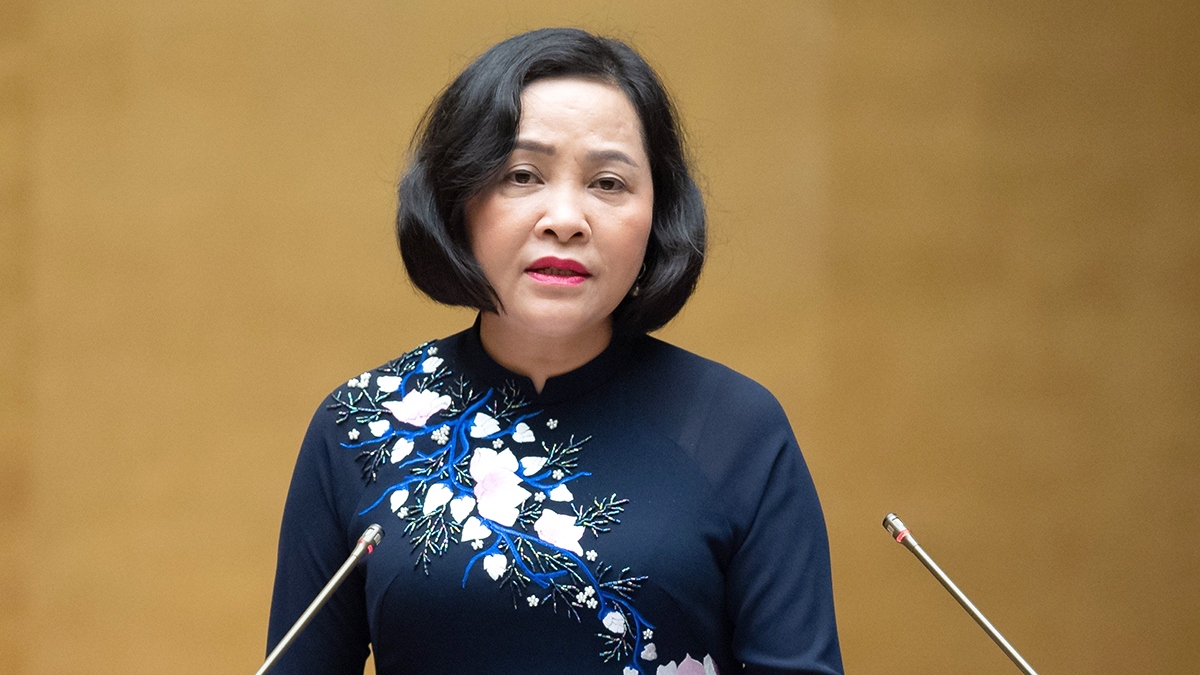
Head of the Delegation Work Committee of the National Assembly Standing Committee Nguyen Thi Thanh presented the draft Resolution.
Head of the Delegation Affairs Committee Nguyen Thi Thanh said that the National Assembly Standing Committee would like to ask the National Assembly for opinions on the proposal not to take a vote of confidence for people who have taken leave to treat serious illnesses with confirmation from a medical facility and have not been in charge of work for 6 months or more according to the decision of a competent agency or individual up to the time of the opening of the session to take a vote of confidence.
Regarding the basis for assessing the level of trust, Head of the Delegation Work Committee Nguyen Thi Thanh said that Resolution No. 85/2014/QH13 only states two criteria: Political qualities, ethics, lifestyle; compliance with the Constitution and laws; Results of performing assigned tasks and powers.
This draft resolution has detailed the content of appropriate assessment criteria and added the content of the responsibilities of the person being voted for in implementing the resolution, conclusions on the supervision work of the National Assembly, the agencies of the National Assembly, the People's Council, the Committees of the People's Council; results of handling complaints and denunciations in the field and scope of responsibility; respecting, listening and studying to resolve opinions and recommendations of voters and people; results of implementing commitments and promises (if any).
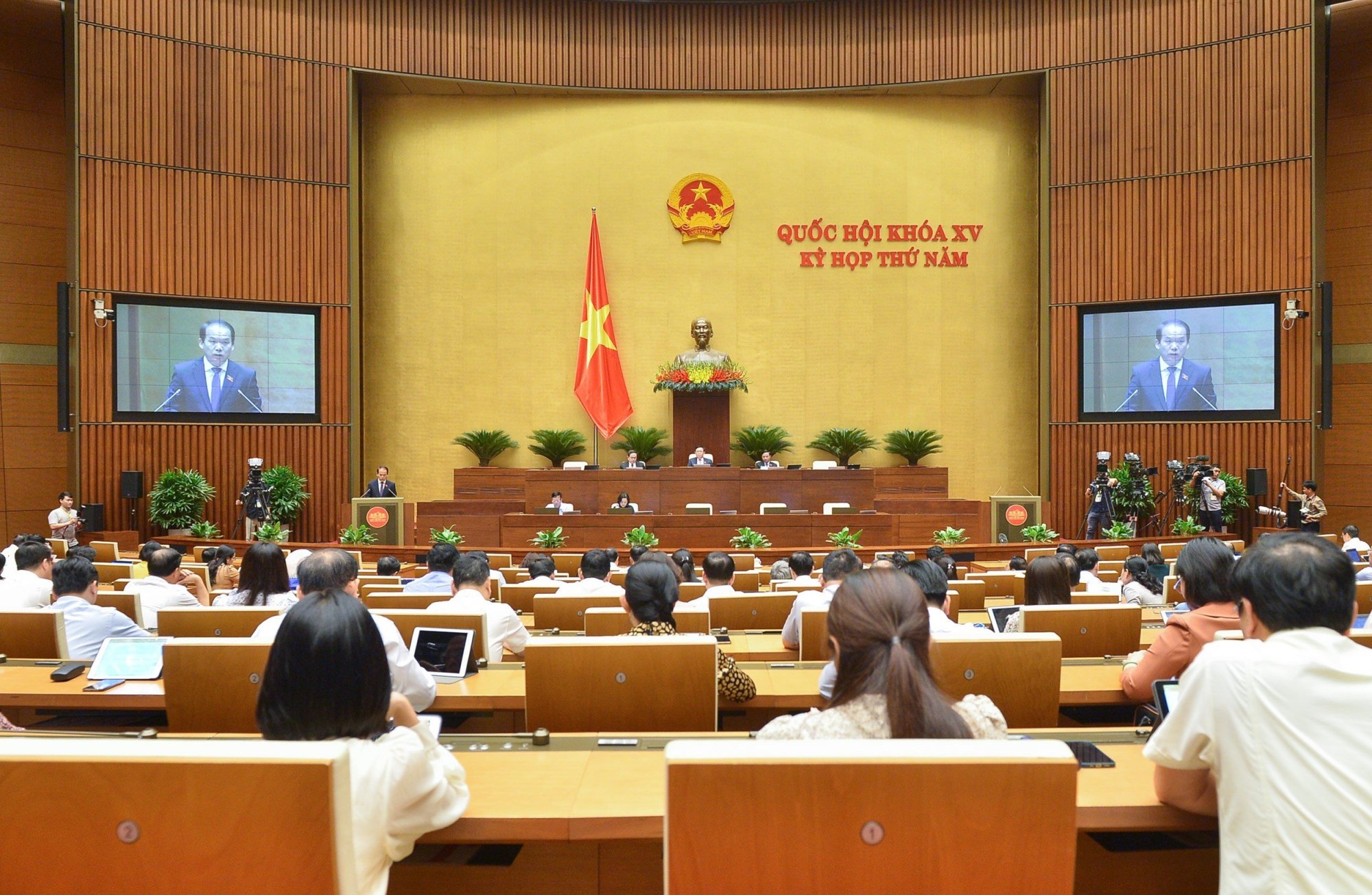
National Assembly session on the afternoon of May 30.
Regarding the consequences for those who are voted on for a confidence vote, Ms. Nguyen Thi Thanh said that the draft stipulates that if more than half to less than two-thirds of the total number of National Assembly Deputies and People's Council Deputies rate the person as having "low confidence", they must resign. In case they do not resign, the competent agency or person must submit to the National Assembly or People's Council to conduct a confidence vote at that session or the nearest session.
If a person subject to a vote of confidence is rated "low confidence" by 2/3 or more of the total number of National Assembly Deputies or People's Council Deputies, the competent agency or person shall propose to the National Assembly or People's Council to dismiss him/her.
For people holding multiple positions at the same time, the vote of confidence and dismissal is carried out once for those positions.
Presenting the report on the review of the draft Resolution, Chairman of the National Assembly's Law Committee Hoang Thanh Tung said that the addition of the provision that no vote of confidence is taken for people who are on leave to treat serious illnesses as proposed has a practical basis, demonstrates humanity and is consistent with the requirements of taking a vote of confidence at the National Assembly and People's Councils. In addition, there are opinions suggesting that it is necessary to clearly state that the period of non-executive work is from 6 consecutive months or more to ensure strictness.
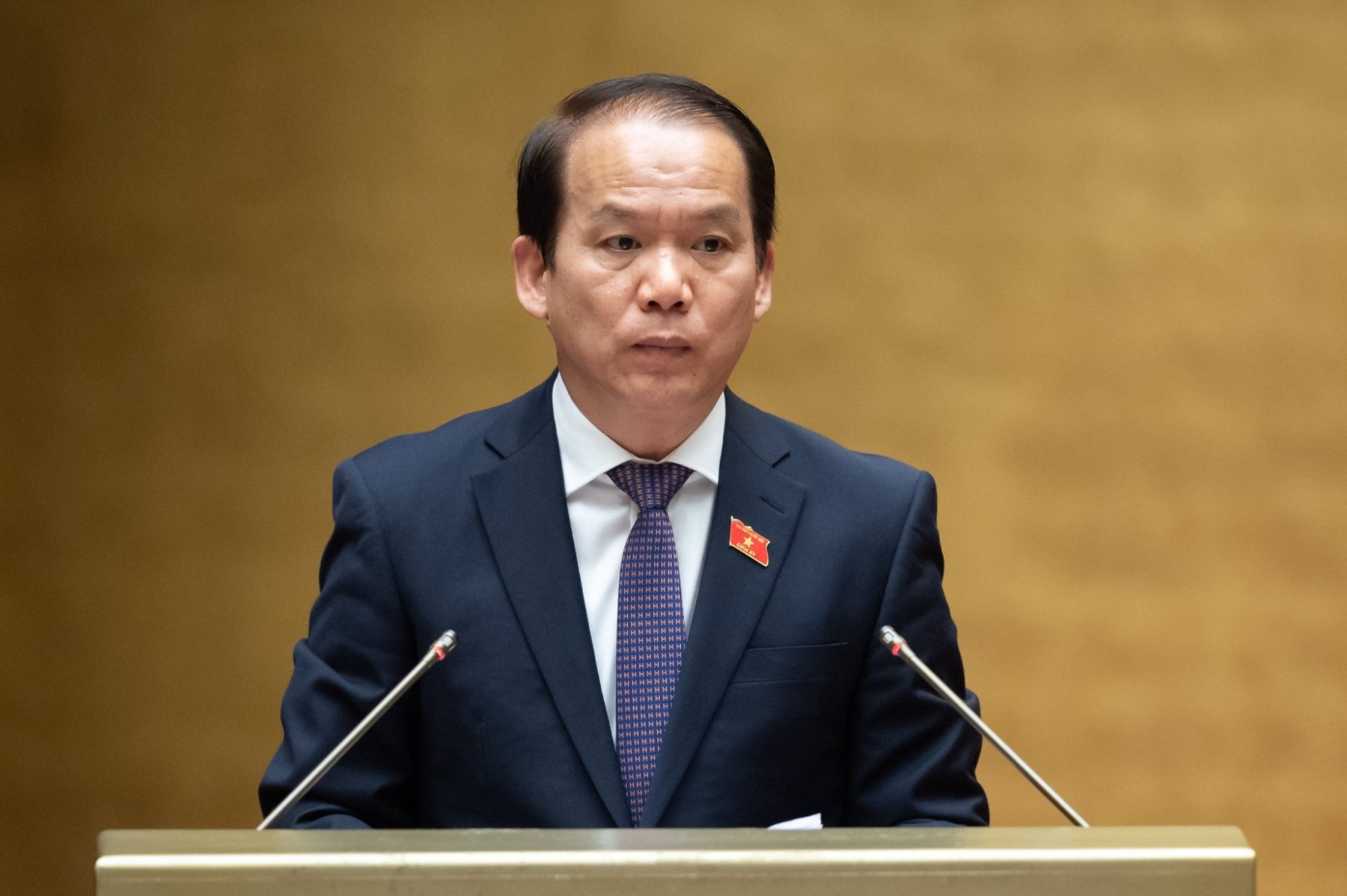
Chairman of the National Assembly's Law Committee Hoang Thanh Tung presented the review of the draft Resolution.
According to the Chairman of the Law Committee, some opinions suggested that the drafting agency should explain more clearly the reasons for not including some positions elected or approved by the National Assembly or People's Council to be included in the list of candidates for a vote of confidence, such as Supreme People's Court Judges, members of the National Defense and Security Council, Deputy Heads of the People's Council, and People's Court Jurors.
There are opinions in the National Assembly's Law Committee suggesting adding a provision prohibiting other organizations and individuals (not only the person whose vote is taken, the person who writes the vote) from having acts that affect the objectivity and accuracy of the vote of confidence, such as complaints, denunciations, and providing false information; along with clarifying the connotation of the act of "lobbying" in the prohibition...
Chairman of the Law Committee Hoang Thanh Tung said that there are opinions that the vote of confidence should be identified as a step in the process of considering discipline for officials who hold positions elected or approved by the National Assembly or People's Council. Because, according to the draft, cases that are put up for a vote of confidence at the National Assembly or People's Council are often due to the discovery of signs of wrongdoing or through the vote of confidence, it is shown that the person has a low level of trust.
Therefore, this opinion suggests that in case a person put up for a vote of confidence is rated by more than half of the total number of delegates as having no confidence, a more severe form of handling should be applied, that is, the National Assembly or People's Council should dismiss or approve a proposal to remove that person from office.
The Resolution, if passed by the National Assembly, will take effect from July 1, 2023.
Source






![[Photo] Urgently help people soon have a place to live and stabilize their lives](/_next/image?url=https%3A%2F%2Fvphoto.vietnam.vn%2Fthumb%2F1200x675%2Fvietnam%2Fresource%2FIMAGE%2F2025%2F12%2F09%2F1765248230297_c-jpg.webp&w=3840&q=75)





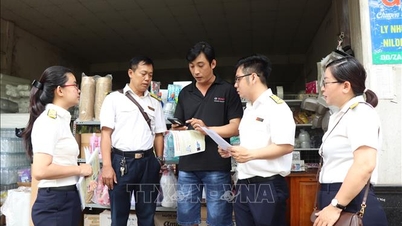



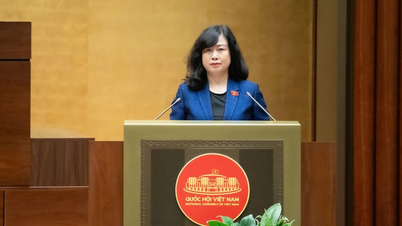
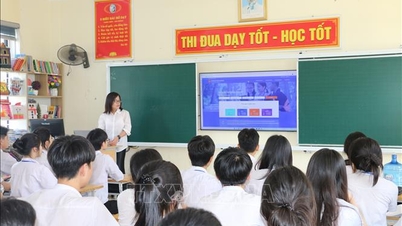

















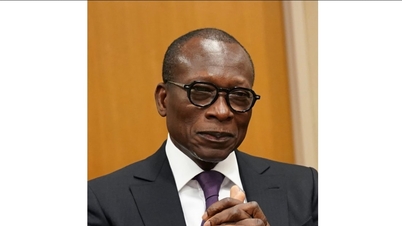





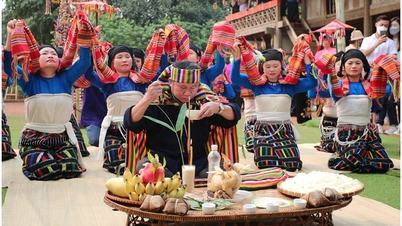



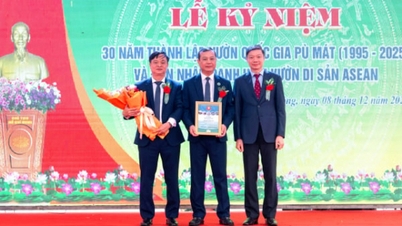



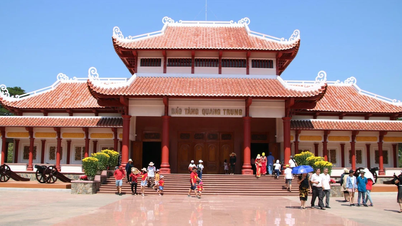


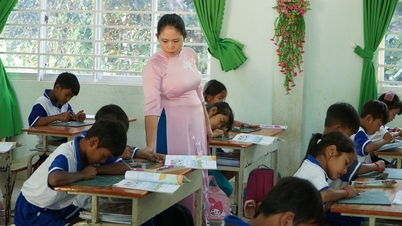
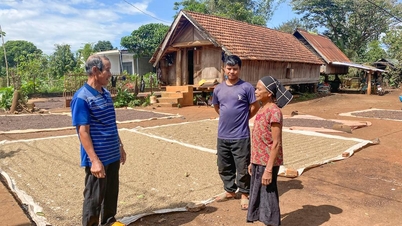





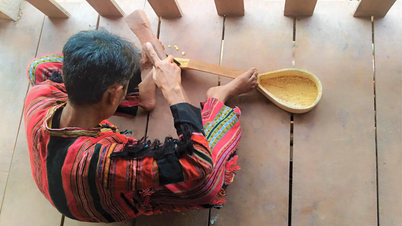










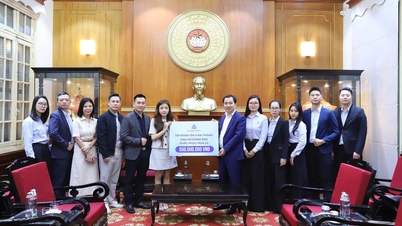







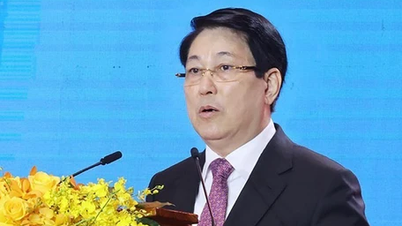



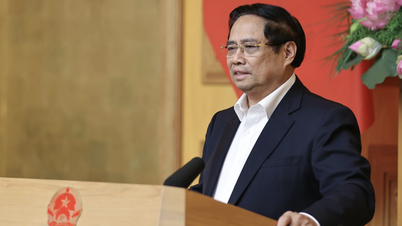

![[Photo] General Secretary To Lam works with the Standing Committees of the 14th Party Congress Subcommittees](https://vphoto.vietnam.vn/thumb/402x226/vietnam/resource/IMAGE/2025/12/09/1765265023554_image.jpeg)






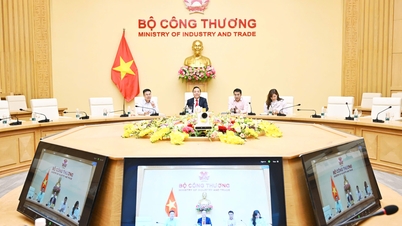

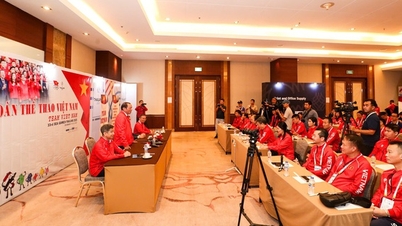
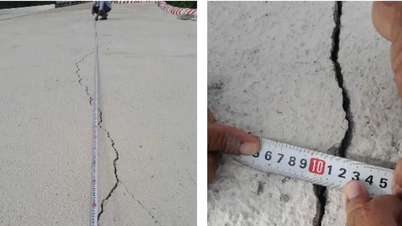


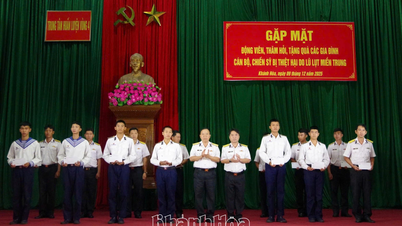




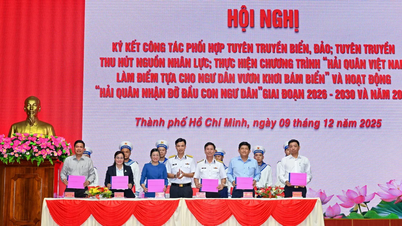
















Comment (0)